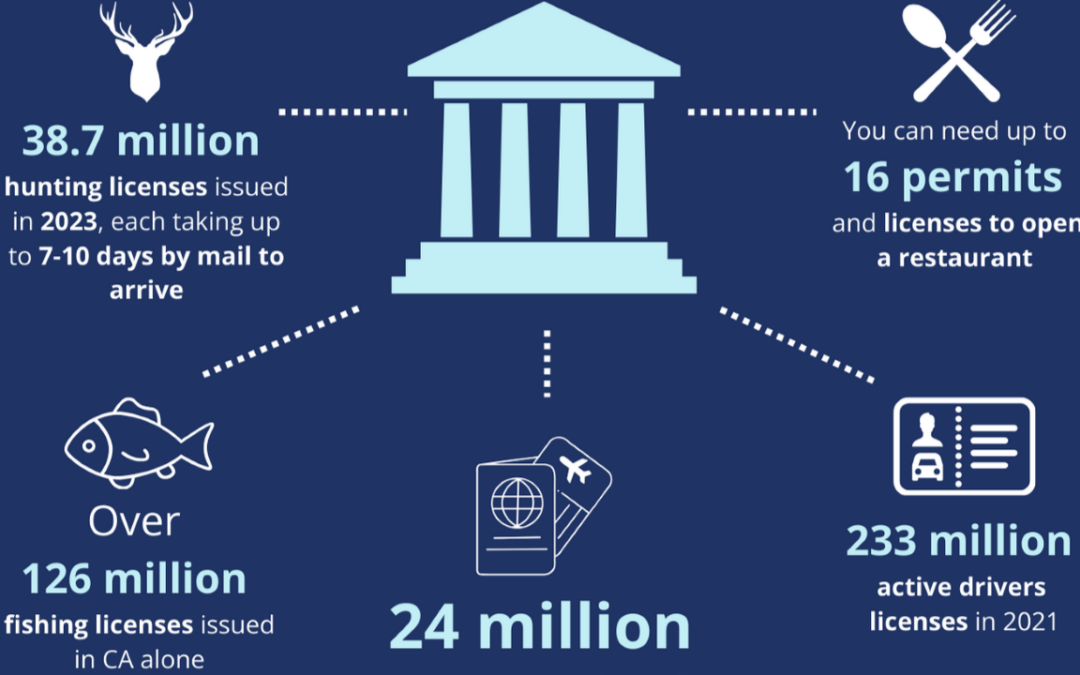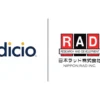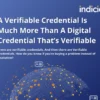Governing generates an enormous amount of paperwork, so much so, the US employs an estimated 228,000 auditors to keep track of it. Here, we look at how governments can save millions on issuing documents, licenses and permits, while providing a much better experience for citizens.
By Tim Spring
A key function of government is issuing permission, either so that citizens are allowed to do certain things — to build, drive, hunt, run a business, travel, or vote — or perform certain jobs according to certain standards, such as food handling. Governments issue a lot of these documents; for example, the US government issued 24 million passports in 2023, each of which took an average processing time of seven-to-ten weeks, and cost the person applying $130 dollars.
By issuing these same documents as verifiable digital credentials, governments can not only reduce the cost of creating the passport, and eliminate shipping costs and the waiting time for shipping, it can also simplify the process of renewing and replacing these documents.
The scale of cost reduction rapidly escalates as we move into state-level documents. In the US, 223 million people held valid driver’s licenses in 2021, 38.7 million hunting licenses were issued in 2023, and over 126 million fishing licenses were issued in California alone in 2023. Each of these documents takes seven-to-ten days to process and ship. Even if the only thing verifiable credentials eliminated was the 66-cent cost of mailing the document, they could have saved the government $147 million on driver’s licenses, $25 million on hunting licenses, and California $83 million on fishing licenses. And people would have received their verifiable credential versions instantly.
But verifiable digital credentials offer more benefits than saving on shipping while arriving faster. They can also save time and therefore money when it comes time to audit the holders of these credentials. For example, you need up to 16 permits and licenses to open a restaurant, each of which can be misplaced or lost. Because verifiable credentials are stored securely on a mobile device, they are easy to keep track of and share when they need to be checked. Mobile verification software makes inspection easy, and the tamper-proof way data is stored means that everyone can be sure key documents haven’t been altered or faked.
It isn’t just government inspectors who benefit from this feature. Anyone can easily verify the authenticity and data of someone else’s official documents. This eliminates what is now time-consuming and challenging research and sometimes a fee. For example, it costs $50 and takes five-to-seven business days to verify a Washington state medical license, while verifying a law license requires combing the state bar directory yourself.
If you would like to see an example of how governments are already adopting this technology with the Digital Travel Credential (DTC) you can read about how the government of Aruba has implemented it to speed up border crossings or watch a video here.
If you have questions about implementing these credentials for your government or organization our team would be happy to help! You can get in touch here.






